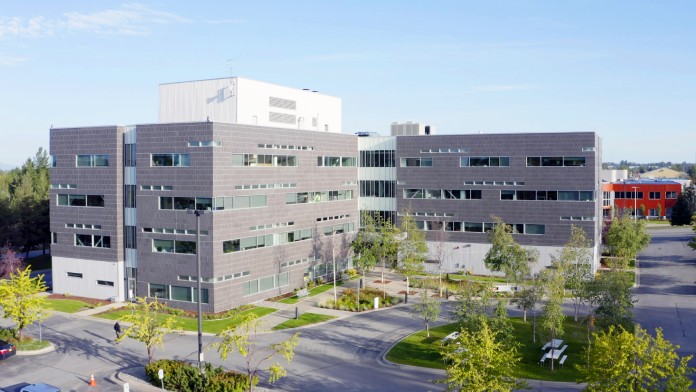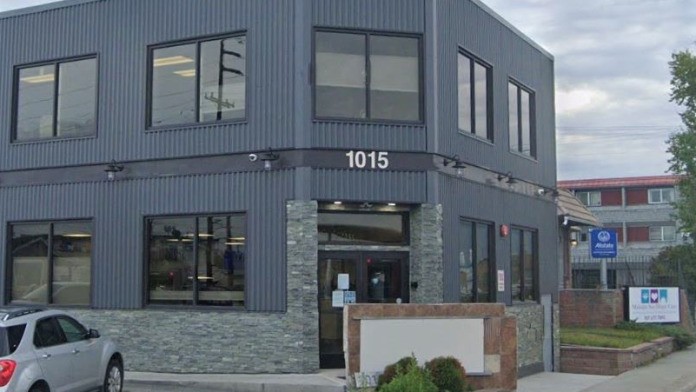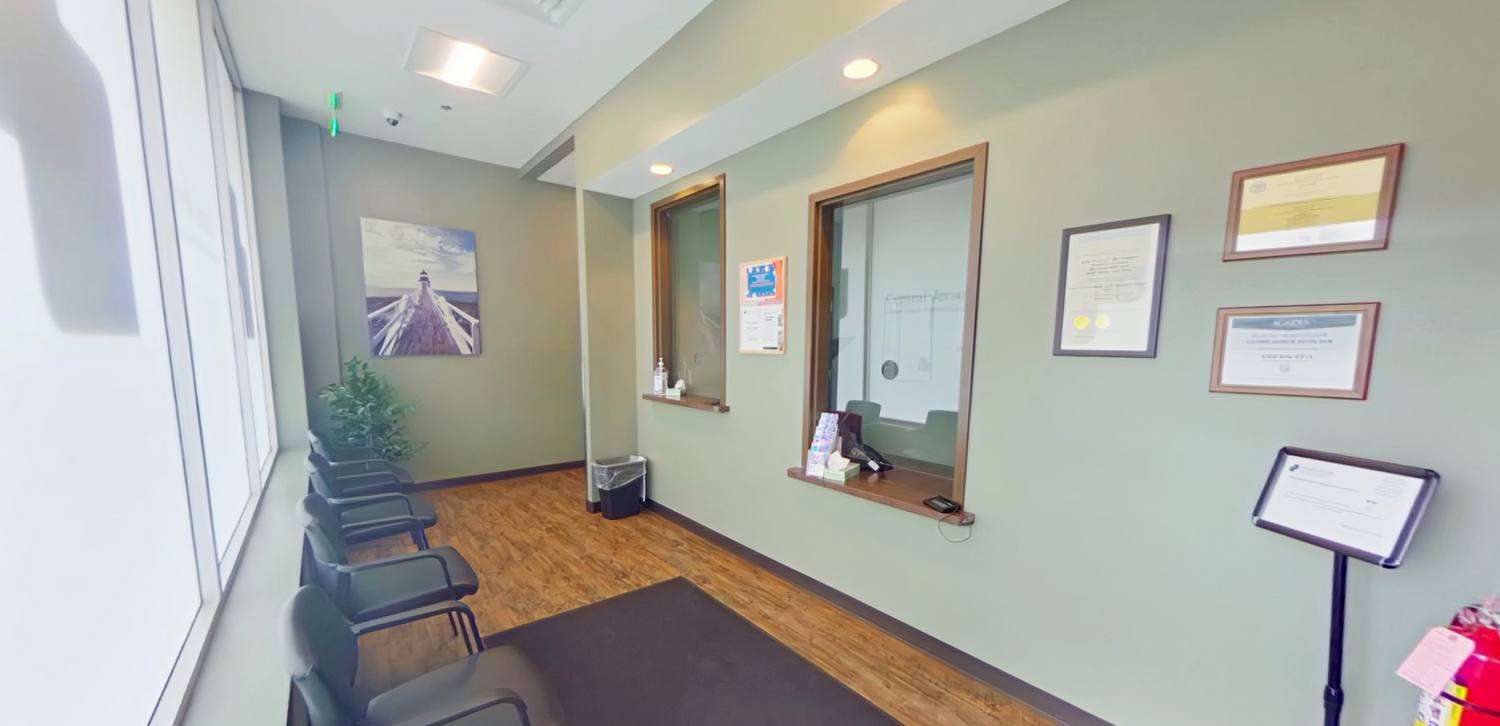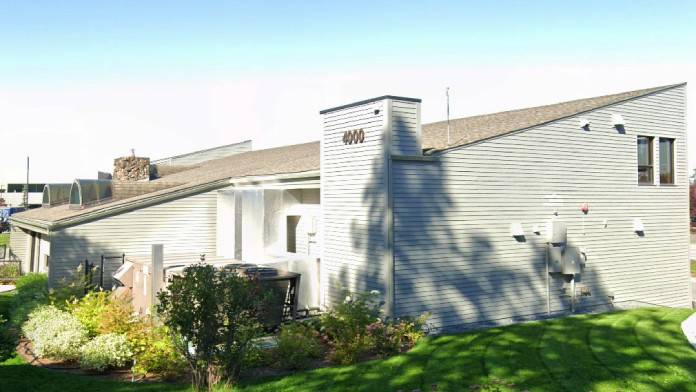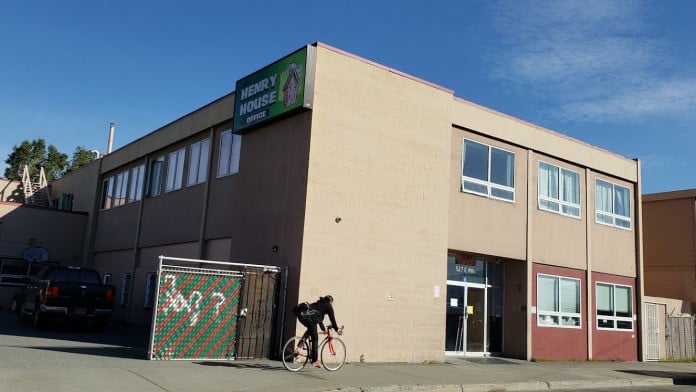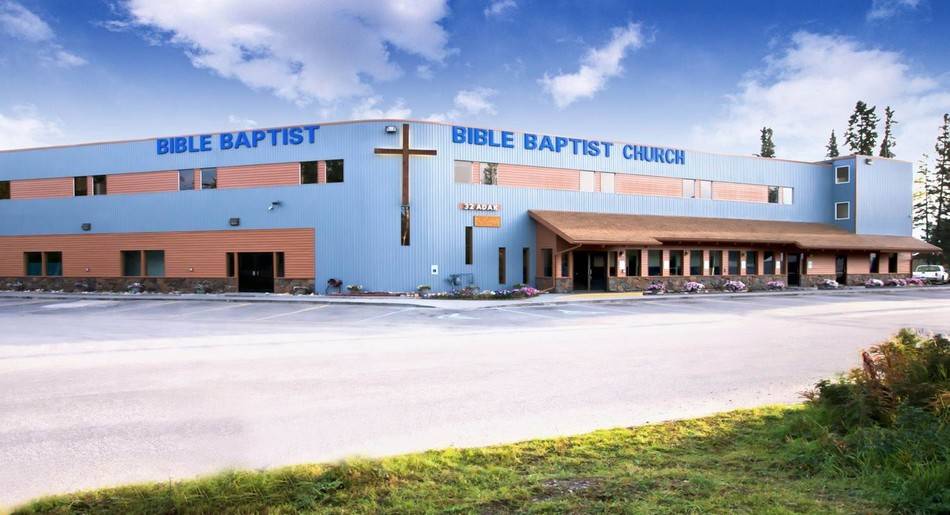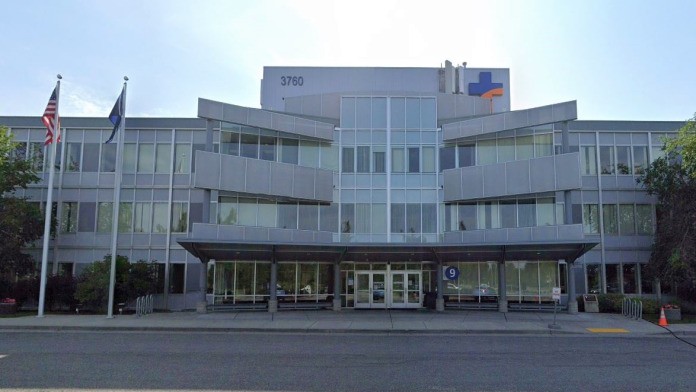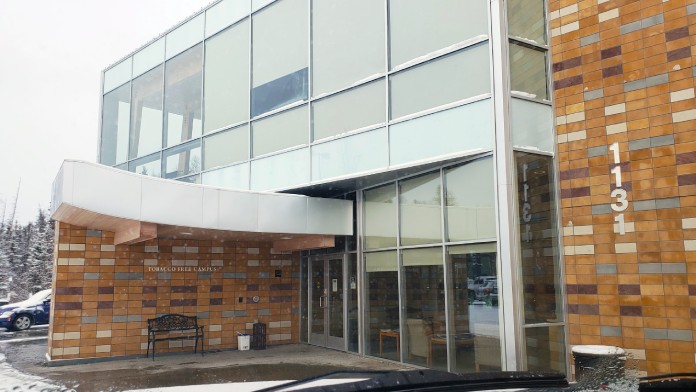About Ideal Option
Ideal Option in Anchorage, Alaska is an accredited outpatient facility specializing in medication assisted treatment for opioid addiction and substance use disorder. Support is available for adults aged 18 and older. They accept commercial insurance, Medicare, Medicaid and TRICARE. Payment plans are also available.
This center’s offerings include an outpatient program, medication-assisted treatment (MAT) and relapse prevention services. Most new clients can begin treatment here within one to three days which is great news for those ready to begin their recovery journey as soon as possible. This ease of access makes it incredibly easy for clients to hit the ground running.
MAT is a pivotal element of their treatment services and features FDA-approved medications including buprenorphine (Suboxone, Subutex, Sublocade, Brixadi), naltrexone, disulfiram, acamprosate, gabapentin and bupropion. Clients may also access support for transitioning away from methadone to buprenorphine here, too. However, the center doesn’t prescribe methadone.
They also provide supporting treatment services like therapy, counseling, and peer support groups. Telemedicine and a virtual clinic are also available for anyone unable to make regular in-person appointments — another way in which their services are super accessible.
Feedback from former clients is mixed, though largely positive. Many praise staff for their kindness, politeness, and quality care. Some even shout out specific staff members by name which is a great sign. People also seem to appreciate the smoothness and ease with which services are provided here.
Clients describe arriving for appointments and just having to sign in at a kiosk or using an electronic pad, and receiving convenient texts scheduling further appointments, following up, and checking in on how the last appointment went. They even send text reminders for when prescriptions will be sent. I think this ease of service is not to be underestimated as it appears to positively affect clients’ outlook on their treatment here. One of the few complaints is the difficulty finding parking nearby.
Latest Reviews
Rehab Score
Gallery

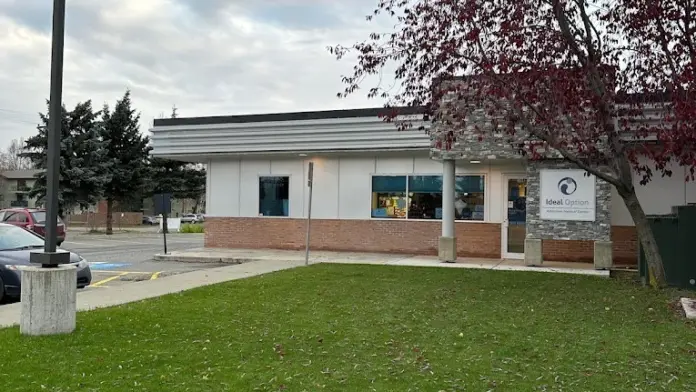
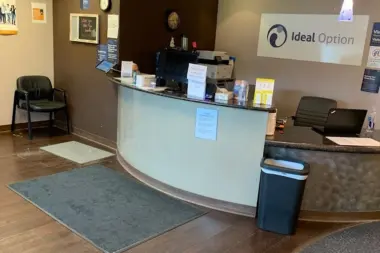
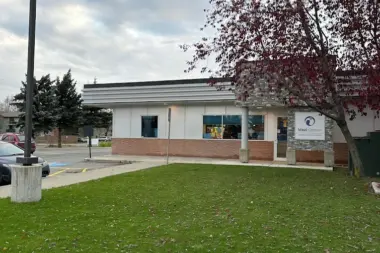
Accepted Insurance
Other Forms of Payment
Self-pay involves paying for treatment out of your own pocket. You can use savings or credit, get a personal loan, or receive help from family and friends to fund your treatment. If you don't have insurance or your insurance plan doesn't cover a specific program, self-pay can help ensure you still get the care you need.
Private insurance refers to any kind of healthcare coverage that isn't from the state or federal government. This includes individual and family plans offered by an employer or purchased from the Insurance Marketplace. Every plan will have different requirements and out of pocket costs so be sure to get the full details before you start treatment.
Medicaid is a state based program that helps lower-income individuals and families pay for healthcare. Medicaid covers addiction treatment so those enrolled can use their coverage to pay for rehab. When a program accepts Medicaid the client often pays very little or nothing out of their own pocket.
Medicare is a federal program that provides health insurance for those 65 and older. It also serves people under 65 with chronic and disabling health challenges. To use Medicare for addiction treatment you need to find a program that accepts Medicare and is in network with your plan. Out of pocket costs and preauthorization requirements vary, so always check with your provider.
Financial aid can take many forms. Centers may have grants or scholarships available to clients who meet eligibility requirements. Programs that receive SAMHSA grants may have financial aid available for those who need treatment as well. Grants and scholarships can help you pai for treatment without having to repay.
Addiction Treatments
Levels of Care
Clients engaged in an outpatient rehab program receive regular therapeutic care while continuing to live at home. Outpatient care is designed for clients in more advanced stages of recovery who no longer require intensive supervision. Many clients in outpatient treatment continue to work or attend school, while receiving counseling and education during the evening, night, or weekend. Levels of care vary based on clients' needs, ranging from partial hospitalization (PHP) and intensive outpatient (IOP) to standard outpatient programming.
The process of ridding your body of addictive substances under the 24/7 medical supervision is known and medically assisted detox. In an inpatient setting, a team of licensed medical professionals may include doctors, nurses, therapists, and clinical experts. The team will monitor the physical effects of withdrawal and help keep you as safe and comfortable as possible throughout the process.
Treatments
Alcohol use disorder (AUD) encompasses the conditions often referred to as alcoholism, alcohol abuse, alcohol dependence, and alcohol addiction. If someone is addicted to alcohol, they continue to drink, even when experiencing negative consequences. But alcohol rehab in Alaska can help you overcome alcohol dependency. Treatment typically involves evidence-based therapies and support groups, but may also include medications to treat alcohol addiction.
During drug rehab in Alaska, you'll receive a combination of medical and psychotherapeutic treatments that are designed to treat drug dependency. The goal of drug rehab is to break this dependency and help you develop the skills to maintain a drug-free life.
In Alaska, substance abuse treatment programs provide a full spectrum of addiction care, which may include detox, residential, and intensive outpatient programs. These programs incorporate evidence-based therapies such as cognitive-behavioral therapy (CBT), dialectical behavior therapy (DBT), trauma-focused therapy, and mindfulness-based therapy. You'll learn emotional regulation skills, new coping strategies, and develop a supportive recovery community, which are essential components of long-term recovery.
Programs
Adult rehab programs include therapies tailored to each client's specific needs, goals, and recovery progress. They are tailored to the specific challenges adult clients may face, including family and work pressures and commitments. From inpatient and residential treatment to various levels of outpatient services, there are many options available. Some facilities also help adults work through co-occurring conditions, like anxiety, that can accompany addiction.
Clinical Services
People in Alaska seeking individual therapy for drug addiction receive personalized support to explore the root causes of their substance abuse. Your therapist guides you in developing healthier coping mechanisms and setting realistic goals. Your therapist also uses a customized approach to improve the effectiveness of the treatment and promote sustainable recovery.
Staff & Accreditations
Staff
Tim Kilgallon
Chief Executive Officer
Dr. Brian Dawson
Chief Medical Officer
Mike Gaulke, Laboratory Services
Vice President
Wendy Manthei, Clinic Operations
Vice President
Yuki Yang, Behavioral Health and Partner Operations
Vice President
Accreditations

The Joint Commission, formerly known as JCAHO, is a nonprofit organization that accredits rehab organizations and programs. Founded in 1951, the Joint Commision's mission is to improve the quality of patient care and demonstrating the quality of patient care.
Joint Commission Accreditation: Yes
Contact Information
2421 E Tudor Rd
Suite 108
Anchorage, AK 99507
